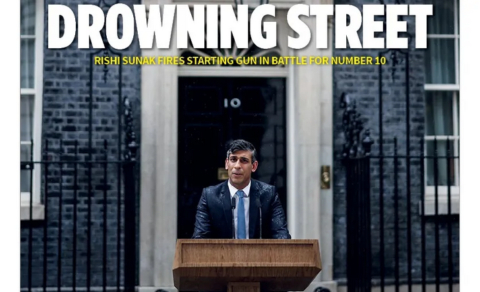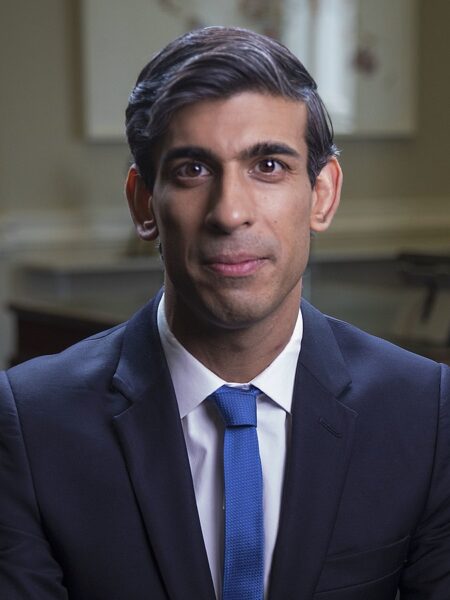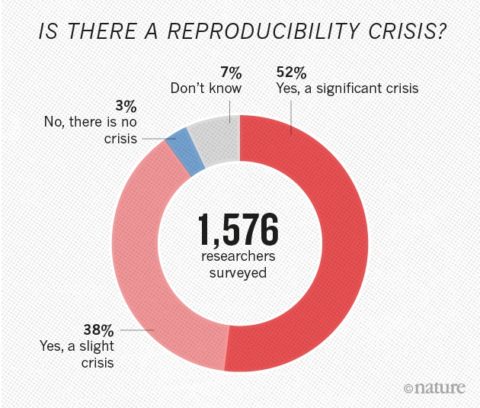Tristin Hopper calls attention to just how much of the federal government’s attention is focused on problems that don’t actually exist, except in the Prime Minister’s vivid imagination, like the notorious “hidden agenda” of Pierre Poilievre’s Conservatives to turn Canada into the world of The Handmaid’s Tale by banning abortion (and undoubtedly forcing women to wear the distinctive red-dress-and-bonnet uniforms, too):

In Trudeau’s fevered imagination, this is what the Tories want Canadian women to be wearing in future.
The Trudeau government has initiated another round of warning that Canadian abortion access is at risk.
“Women’s rights, reproductive rights, and equality are non-negotiable,” Prime Minister Justin Trudeau declared at a recent speech, as Liberal Party social media accounts broadcast accusations that their opponents endanger a “woman’s right to choose”.
This would all make perfect sense in the United States, which has indeed seen a wave of new state-level laws effectively banning abortion outright.
But the Liberals are talking about Canada, a country that has no abortion laws whatsoever, and no political inclination to create any.
Polls show an incredible 80 per cent of Canadians supporting a “woman’s right to an abortion”. Conservative Prime Minister Stephen Harper didn’t once touch abortion during his nine-year tenure.
As noted, Canada literally has no legal language dealing with the whole abortion issue … and therefore any Conservative government would have to create a new law to even begin to address an issue that a super-majority of Canadians are already against “fixing”. Conservatives can be incredibly dumb at times, but that would be stupidity of a very high order indeed.
Then, there’s Trudeau’s determination to link Poilievre with Diagonal, er, Dialagon, er, Dialysis, I mean “Diagolon”, which is apparently some super-powerful secretive extreme right-wing conspiracy to … do something diagonal-ish? I dunno. I’d never heard of ’em until Trudeau started trying to tie Poilievre to them:
Earlier this month, the Liberal’s main attack against the Conservatives was that they were in thrall to Diagolon, a supposed white supremacist militia with designs on destroying Canada from within.
“What has not been answered by the leader of the Opposition is why he chooses to continue to court extreme right nationalist groups like Diagolon,” said Trudeau in the House of Commons on April 30, one of several times he would slap down a question from the Conservatives by bringing up Dialogon.
Poilievre’s alleged ties to Diagolon are pretty tenuous. At a Nova Scotia fundraiser, among the attendees who queued up to shake Poilievre’s hand was Diagolon founder Jeremy MacKenzie, who claimed he did it just to get Poilievre in trouble. More recently, Poilievre visited an anti-carbon tax encampment where one of the RVs had a small Diagolon logo scrawled on its front door in permanent marker.
What’s more, multiple police investigations have concluded that Diagolon isn’t even a group, much less an organized anti-government militia.
It’s basically three guys on a podcast and their followers — whom they’ve occasionally met for BBQs. According to an RCMP profile of Diagolon put together at the height of Freedom Convoy, it was “exceedingly difficult” to nail down Diagolon as “a distinct group, with common ideology, a political agenda, and the cohesion necessary to advance such an agenda.”
The bought-and-paid-for Canadian media, of course, haven’t done much to point out just how ludicrous these accusations are, because even if they’re not, y’know, true, they are “truthy”. It’s not likely to change, as the legacy media still hate and fear anyone who might threaten their cosy subsidy deal with the Liberals.
And then there’s the Liberals’ fixed belief that Canada is the most racist country to ever have existed and that our entire culture is based on white supremacy and oppressing the “global majority” at all times:
Derived from the U.S. academic dogma of critical race theory, anti-racism holds that Canada’s basic structures — from its police forces to its justice system to its parliaments — are all fundamentally white supremacist. As such, they can only be remedied by “deliberate systems and supports” favouring “equity-seeking groups”, according to official Government of Canada literature.
The Trudeau government has established an Anti-Racism Secretariat, they’ve poured tens of millions of dollars into race-specific grants and they’ve subjected every arm of the federal government to anti-racism mandates and training.
Agencies such as the Canada Research Chairs program now openly screen for candidates based on ethnicity and other immutable characteristics. And perhaps most infamously, it was a federal anti-racism program that paid more than $500,000 to Laith Marouf, a virulent antisemite who has repeatedly referred to his benefactor as “Apartheid KKKanada”.
All of this has proceeded on the core assumption that Canada is — and always has been — a country defined by “systemic racism”. This was stated most plainly in an internal Canadian Armed Forces report which declared “racism in Canada is not a glitch in the system; it is the system”.
There’s a lot of (imported) fretting and huffing and puffing about this “issue”, yet there is almost no evidence for any of it being true in Canada. It would be statistically more likely to be true that much of our government and business organizations are actively over-hiring and over-promoting people on the basis of them not being white or male or heterosexual than the reverse.












